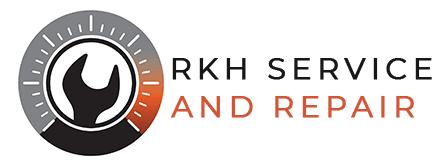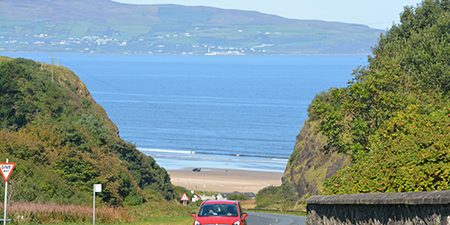Throughout the UK, a glimpse of reality is returning and we are encouraging motorists to take the time to check their vehicles before they pack up and begin on their highly anticipated road trip through the country. After more than a year of vehicles remaining dormant on driveways and roadsides, it is important for the health and safety of the driver, passengers and other road users, as well as for the health of the car itself, that thorough checks are carried out before taking to the road once more.
The DVSA have released details of an increased number of failed MOT’s since March 2020, stating the most common faults of incorrect tyre treads and pressures, as well as faulty headlights. To ensure you don’t have to face a failure at your next MOT (which should be arranged before your staycation), here is a simple guide of the main checks to carry out.
Under the bonnet
Whilst the engine remains off and cool, take the time to assess fluid levels. Even if you can vaguely remember topping these up back in early 2020, its still worth a check. Besides – that was a long time ago now, and we wouldn’t blame you if you were remembering incorrectly! Check the levels of oil, brake fluid, screenwash and coolant. Check that everything seems to be connected tightly and remove any loose debris such as leaves or cobwebs. If anything looks dangerous or faulty, contact a professional before attempting to amend it yourself.
Tyres
Before driving, take the time to assess all of your tyres, including the spare. Keep an eye out for any obvious signs of damage such as a puncture, tear or bulging. You should also check the tread depth on each tyre, ensuring it complies with the legal depth of 1.6mm. Without turning your engine on, ensure your steering lock is off and slowly move your front wheels from left to right, allowing you to gain a good view from all angles. Its better to be safe than sorry after so long! The final check should be for the pressure. If your dashboard doesn’t flag up when pressure is lost, use a foot pump to measure each, inflating those which need it to the amount stated in your vehicle manual or on the inside of your drivers door.
Lights
You may need someone to help you with this check, but if that option isn’t available, try reversing up against a reflective door or window, allowing you to see the rear lights of your vehicle from the mirrors whilst remaining in the drivers seat. Turn on all of your lights, including main beam and fog lights, and have your helper walk around each side of your vehicle, checking they all operate correctly. Do the same with the indicators or hazards, and then test your reverse and brake lights. If any bulbs appear to be damaged, contact your local mechanic for assistance with a repair.
Brakes
If your car is an older model and has remained stationary for the last year, it may be that damage has occurred to the brakes by gathering a small layer of rust. If safe to do so, take the time to travel down your road during a quiet time at a slow speed, slowly pressing and releasing the brake in the effort to remove the rust. If you don’t feel comfortable doing this, if you live in a busy area or if the attempt failed, book your vehicle in with your local mechanic who will be able to perform a specialist repair.
Is your licence, MOT and insurance valid?
Lastly, before you head out on the road, check that your insurance, MOT and licence haven’t reached an expiry date over the last year. No matter how safe your vehicle appears to be, failure to supply any of these records could result in a fine, points on your licence or a driving ban.
Here at RKH Service and Repair, our specialist team are available to advice you on any of your motoring queries, as well as supply full MOT’s and servicing to 2, 3 or 4-wheeled vehicles. Whatever you need, don’t hesitate to get in touch. Give us a call on 01233 877797 or email us at admin@rkhserviceandrepair.co.uk and we will be happy to ensure that your vehicle is safe for travel for your UK staycation.




